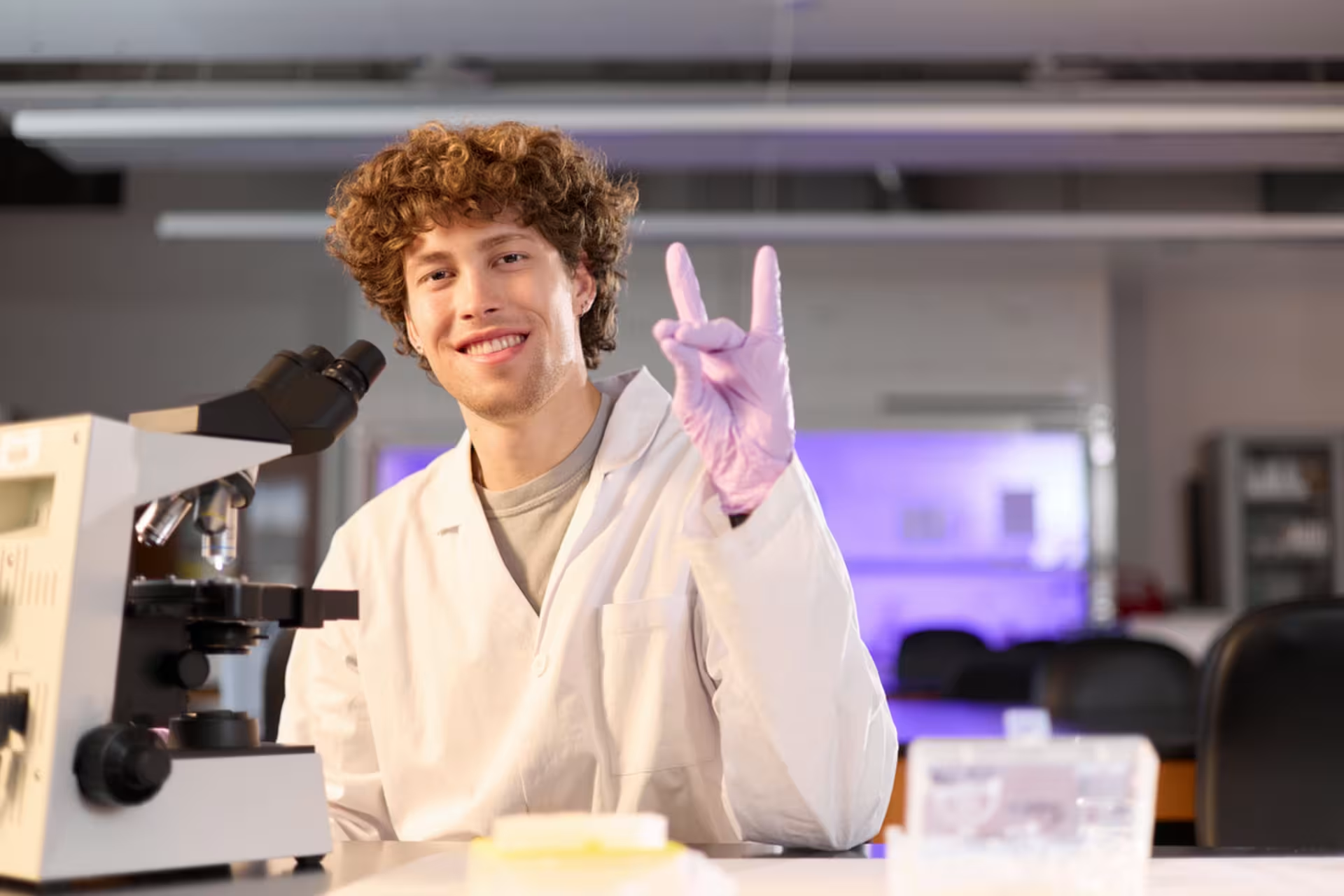It has long been a personal professional goal of mine to serve the athletic population in an altruistic manner by volunteering with the U.S. Olympic Committee (USOC).
In summer 2014, I began to take the initial steps toward accomplishing this goal. While working as an athletic trainer with my club lacrosse team in Colorado Springs, I visited the Olympic Training Center there and introduced myself to Ms. Jenna Street, the coordinator of sports medicine clinic operations. My conversations with Ms. Street strengthened my resolve to begin the lengthy application process for the sports medicine volunteer program with USOC.
In spring 2015, I was selected for the summer internship rotation and designated to the Olympic Training Center in Chula Vista, CA. During July and August 2015, I spent three weeks as an athletic training volunteer working alongside the sports medicine team at this venue.
As a sports medicine volunteer, you are expected to participate in the delivery of health care services to the athletes on campus. The philosophy of the USOC sports medicine team is a very holistic and collegial approach to patient-centered care, and is inclusive of the following disciplines: MD and DO practitioners, doctors of chiropractic medicine, acupuncturists, athletic trainers, physical therapists, strength coaches, nutritionists, sports psychologists and massage therapists.
Much to my surprise and excitement, I met Dr. Rebeccah Rodriguez, a Grand Canyon University alumna, who serves as one of the USOC team physicians. Dr. Rodriguez comes to the clinic once or twice a week to treat patients, and we found that we both share a common mentor in Dr. Matt Maddox, GCU’s team orthopedic physician.
During the rotation, I was provided with on-campus room and board and the utilization of services such as the performance athletics training center and the AT&T Athletes Connection Center. Each day, I would wake at 6:30 am and go work out with other coaches on campus at 7 am. This not only benefited my own health and wellness, but also more importantly, allowed me to build relationships and learn from current coaches, many of whom are former decorated Olympic athletes.
Immediately following the morning workout and a shower, I headed off to breakfast where a team, led by a fantastic executive chef, would prepare just about anything you wanted to fuel your body for the work you would be doing that day.
By 8:45 am, I arrived at the sports medicine clinic. Each day, my clinic duties ranged from evaluation and treatment of athletic injuries and illnesses to providing on-site athletic training coverage for sports such as BMX and track and field. Typically, this meant covering outdoor athletic events in the morning while athletes trained, then providing treatments in the afternoon in a clinic.
Although impromptu and emergency treatments are provided as needed, the sports medicine clinic operates primarily through scheduled appointments for treatment and recovery with the various practitioners. The work day would typically end around 6 pm, and I took advantage of the cool San Diego weather and remaining sunlight by going for a bike ride on the trails around Otay Lake, which is located directly across the street from the training center.
After the evening ride, it was off to dinner before the dining hall closed at 8 pm and then another shower before going to bed that evening around 9 pm.
Overall, I feel very blessed by the time I spent volunteering at the USOC in Southern California. I was often reminded of the main reason I entered the profession almost 20 years ago, and this has provided significant motivation to help prepare young adults in the work I currently do at GCU.
A few additional highlights of my experience included: working alongside bright and talented health care professionals, treating and providing first responder medical coverage for world-class Olympic and Paralympic athletes and learning about and working with once unfamiliar sports such as BMX, archery, rugby and wheelchair events.
My future plan is to continue to serve the U.S. National and Olympic teams as an athletic trainer when the opportunity arises, with the ultimate goal of being invited to work with the Olympics.
Learn more about athletic training-focused programs at GCU by contacting us today!






